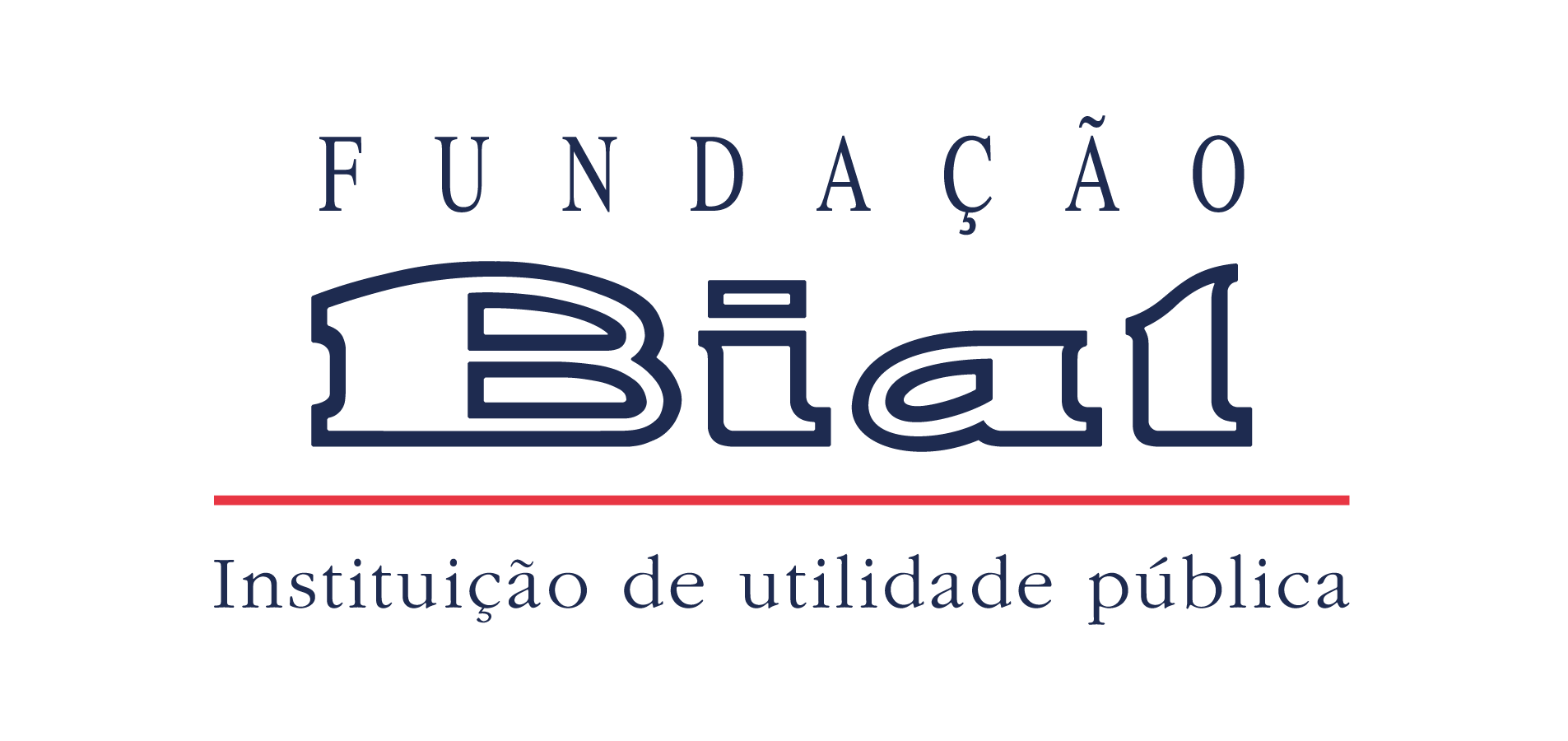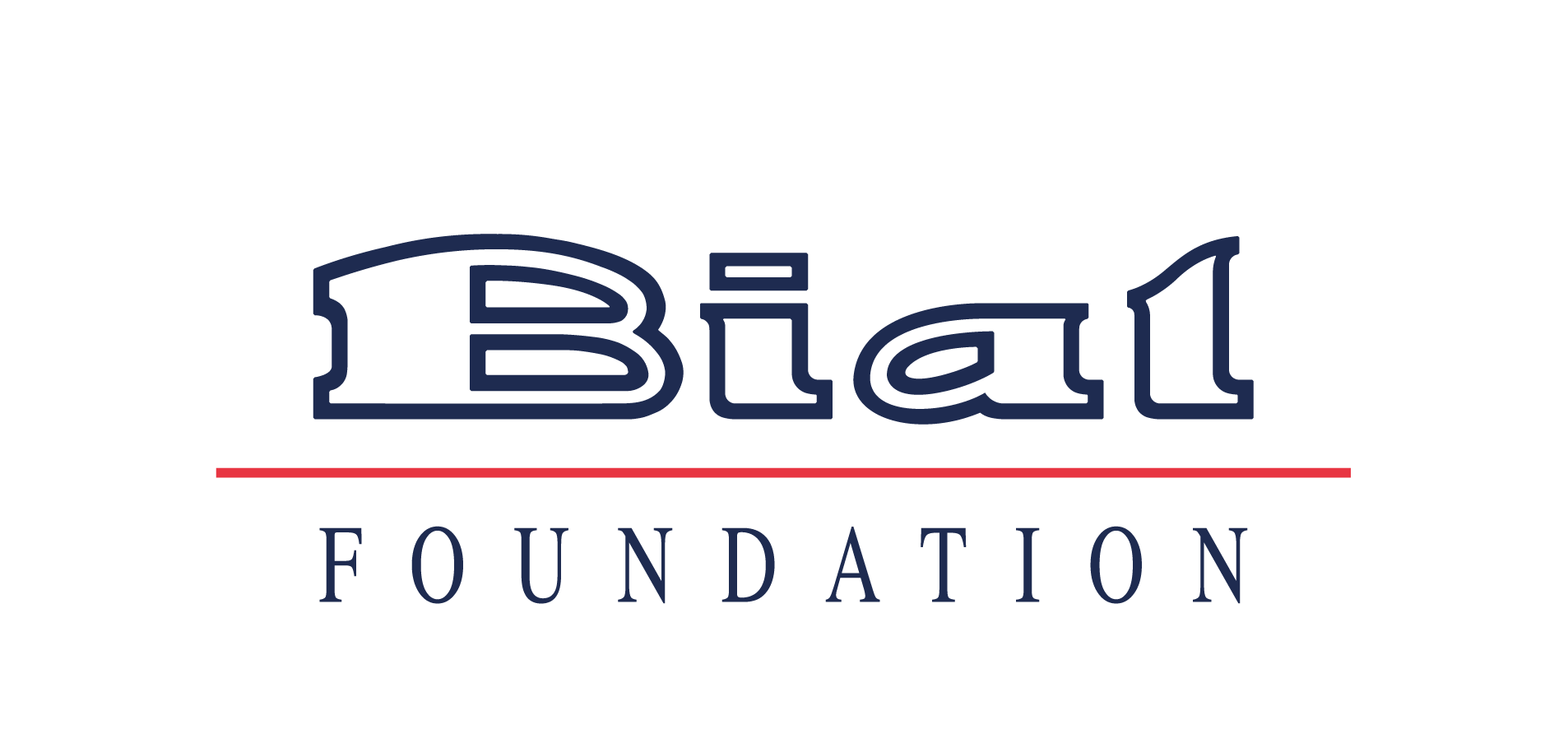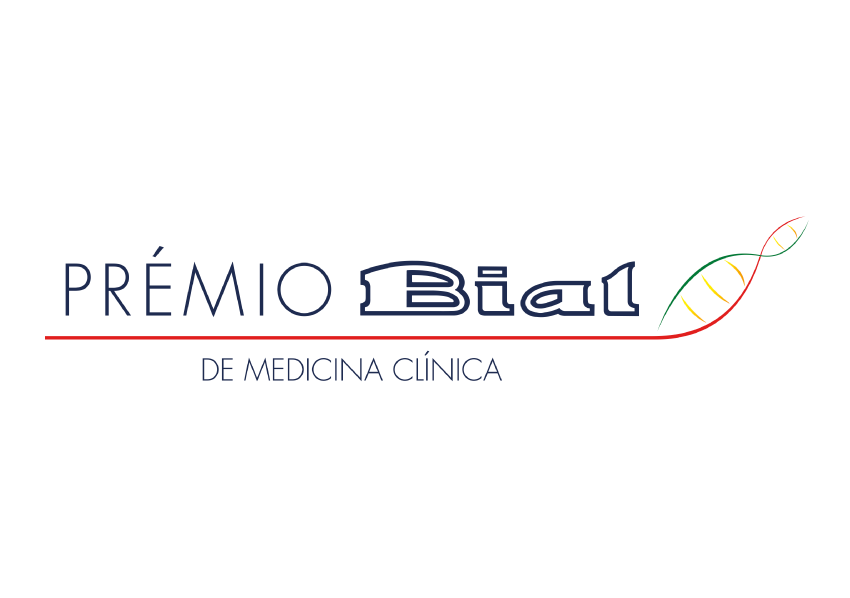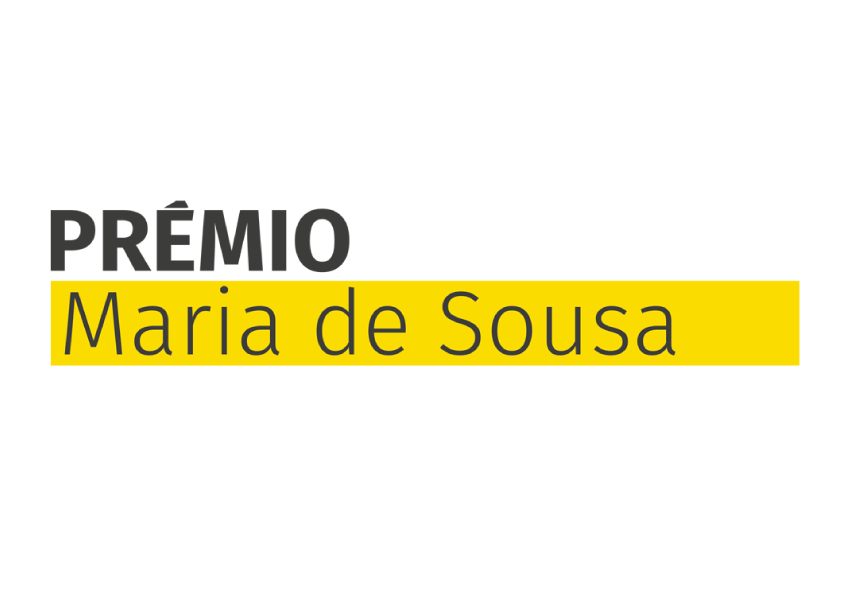News
- Science Stories
- Highlights
- Looking for collaboration
- Helpful links
- Logos
Science Stories
It is our mission being accomplished. Since 1994, the BIAL Foundation has approved for funding 946 projects, involving around 1900 researchers from 31 countries. There are three decades of support to Scientific Research Projects oriented toward the neurophysiological and mental study of the human being, in the areas of Psychophysiology and Parapsychology.
Discover the stories behind the science.
Science Stories

Do expectant fathers and mothers experience pregnancy differently?
A study has shown that there are neural and psychological differences between men and women during pregnancy.
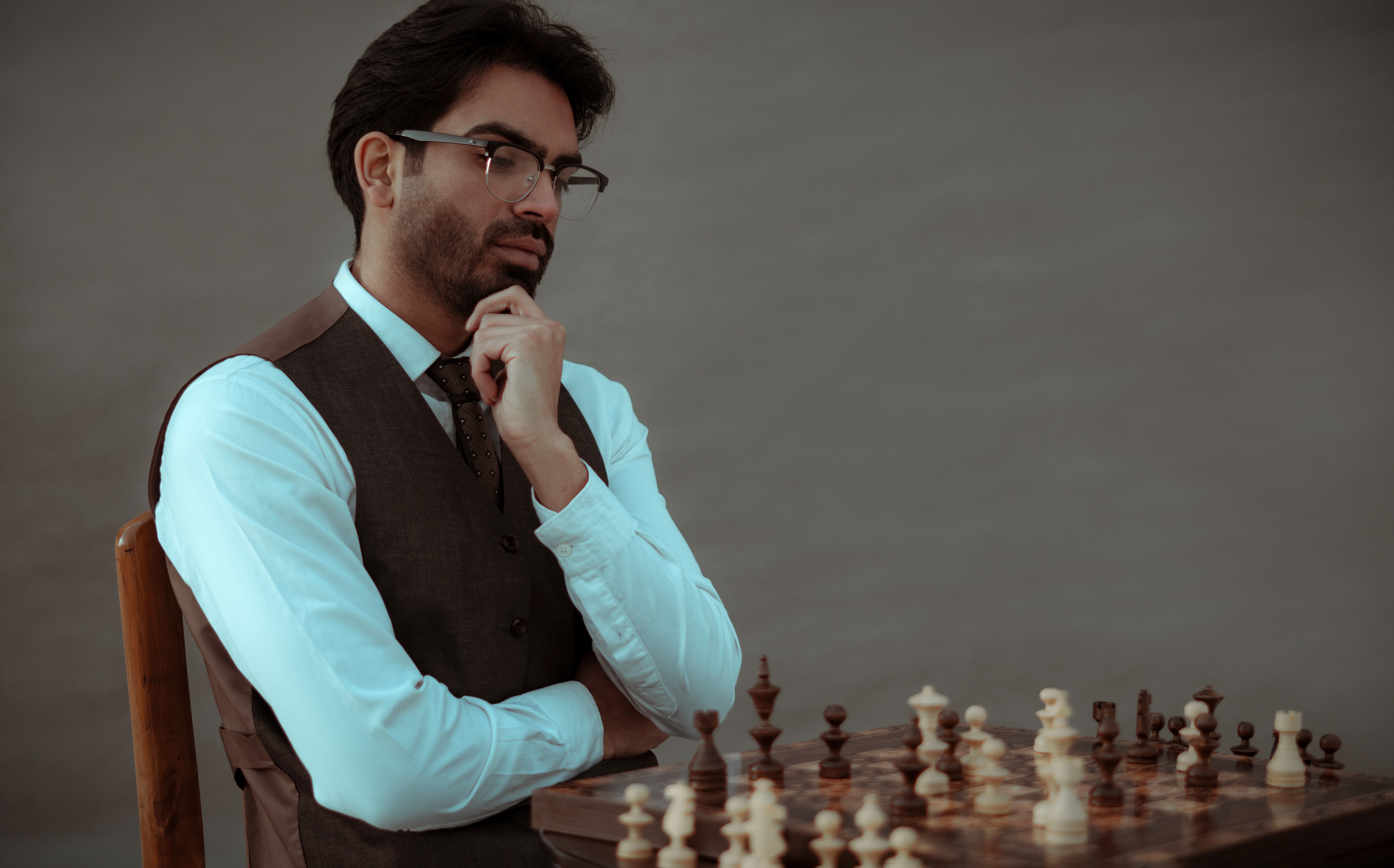
Can we self-regulate our brain through training?
A study of neurofeedback reveals that the behavioural effects seem to be the same whether real or sham feedback is given.

Can highly superior autobiographic memory enhance creativity?
Constructive episodic processes relevant to creative thinking are not enhanced in individuals with highly superior autobiographical memory performance.

Do women show greater engagement for multitasking?
A study involving 167 UK participants showed that women believed to be consistently stronger on multitasking than men.

Does age change the dream recall?
Study reveals that there are no relevant differences between dream recall in young adults and in the elderly.

Academic studies on claimed past-life memories
Did you know that most studies on claimed past-life memories were carried out mainly in Asian countries?

Empathy in couples
Understanding the adaptative functioning of couples is something crucial considering the harmful consequences of situations of domestic violence.

Choosing the usual or taking a chance?
We always choose the same route back home, but one day, alerted about traffic restrictions, we decide to risk an alternative route. What drives us to make this decision?

Dream and daydream: differences and similarities
Did you know that daydreams reflect events from the previous two days and “night” dreams resemble a fictional plot?

Does your dog have social skills?
A study suggests that viewing the owner’s face works as a positive social reinforcement for dogs. Learn more about this and other surprising results about “man’s best friend”.
News
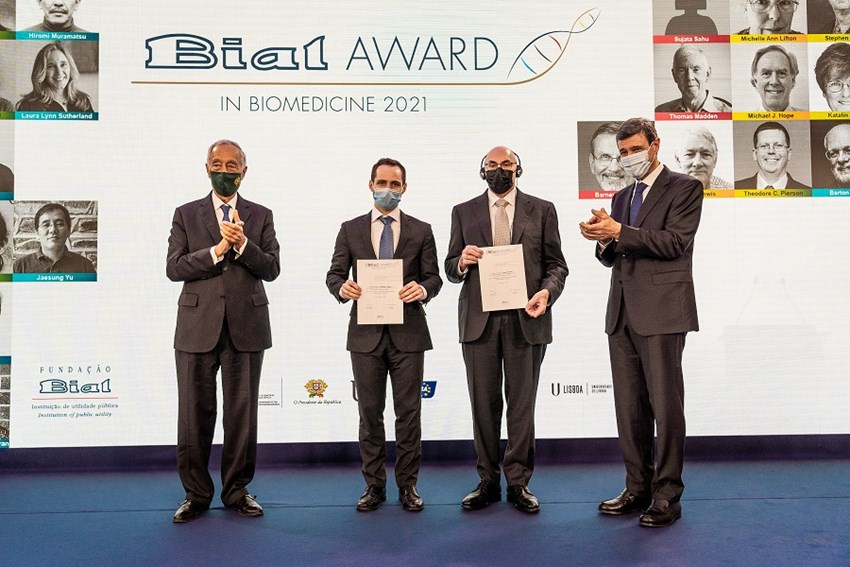
BIAL Award in Biomedicine 2021 distinguishes research which is the basis of two of the vaccines against covid-19
A team led by American scientist Drew Weissman won the second edition of the BIAL Award in Biomedicine with a work focused on mRNA technology, which is now used in the Pfizer-BioNTech and Moderna vaccines to prevent COVID-19.

The BIAL Foundation has already supported 215 women as Principal Investigators
Did you know that in the scope of its Grants programme for Scientific Research the BIAL Foundation has already supported 215 women as Principal Investigators?
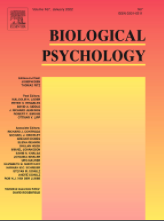
Stimulus novelty and emotionality interact in the processing of visual distractors
In the scope of project 287/20 - Emotional Distraction: contextual modulation of attentional capture, supported by the BIAL Foundation, Maurizio Codispoti et al. published in the journal Biological Psychology the paper Stimulus novelty and emotionality interact in the processing of visual distractors with the following highlights
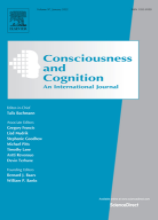
Is there continuity of consciousness between waking and sleeping states?
Benjamin Baird, supported by the BIAL Foundation in the scope of project 334/18 - Inducing lucid dreams with optimized sensory cues, concluded that episodic thoughts of both the past and the future rarely occur in either N2 or REM sleep, while common during waking spontaneous thought. The paper “Episodic thought distinguishes spontaneous cognition in waking from REM and NREM sleep” featuring these results was published in the journal Consciousness and Cognition
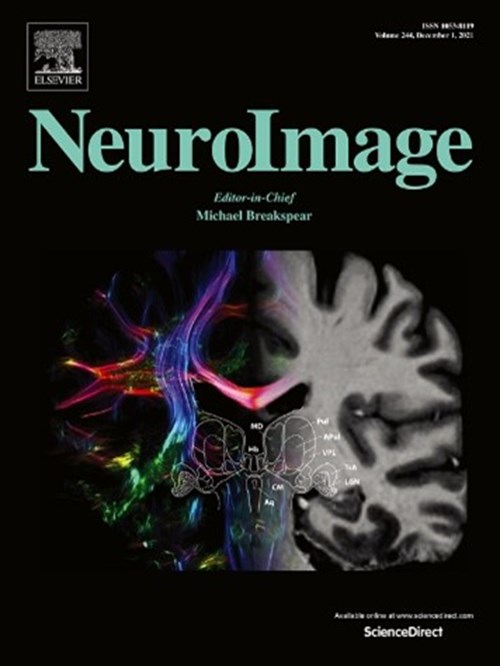
Neural signature of attentional reorienting
Spectral signature of attentional reorienting in the human brain, published in the journal NeuroImage, reports some of the main findings of the research project 159/16 - Unraveling the neural mechanisms of human memory decisions with magnetoencephalography, carried out by Carlo Sestieri and Stefania Della Penna, with the financial support of the BIAL Foundation.

Bestseller of Luís Portela in audiobook
The bestseller “Ser Espiritual - Da Evidência à Ciência”, by the Chairman of the BIAL Foundation, Luís Portela, is now available in audiobook (Portuguese version only). In this talking book, with narration by the author, Luís Portela crosses traditional knowledge with the results of recent scientific research and suggests a prior depriving of concepts and prejudices so that the reader can see the Universe from his spiritual self of a harmonious, consistent and useful form for future life.

New mechanisms for preventing tau protein aggregation
In the scope of the research project 343/14 - Proteotoxic insults and synaptic dysfunction in the aging brain, supported by the BIAL Foundation, the research team led by Cláudio Gomes published the paper “Dynamic interactions and Ca2+-binding modulate the holdase-type chaperone activity of S100B preventing tau aggregation and seeding” in the journal Nature Communications.
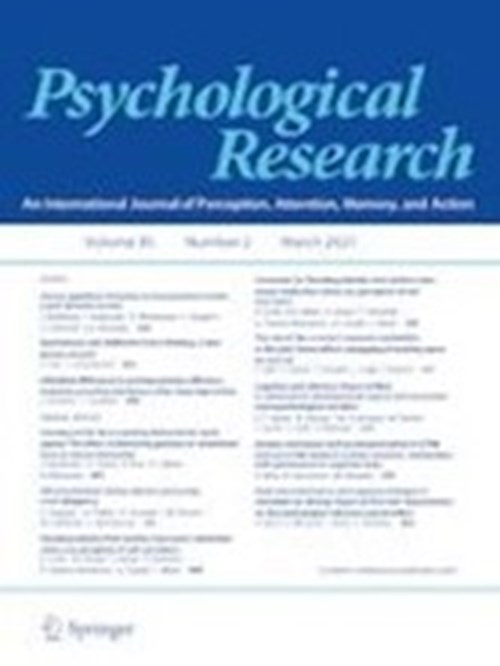
The decrease of working memory performance during multitasking
“The presence of serial processing in multitasking imposes additional processing demands beyond the mere sum of those imposed by the single-task performance” was one of the conclusions of the paper “The working memory costs of a central attentional bottleneck in multitasking”, of Andre Szameitat et al., published in Psychological Research, in the scope of the research project 142/16 - Gender differences in physiological correlates of multitasking, supported by the BIAL Foundation.

Paper published in first quartile jourmal (Q1)
In the scope of the research project 356/18 - Neural mechanisms underlying unconscious working memory, supported by the BIAL Foundation, and carried out by the principal investigador Albert Compte, it was published the paper Pinging the brain with visual impulses reveals electrically active, not activity-silent, working memories in the high impact journal PLOS Biology.

Luís Portela's tribute by Trofa Town Hall
Luís Portela, Chairman of the BIAL Foundation, was honoured by the City Council of Trofa on the 23rd Anniversary Session of the City. The tribute ceremony took place on November 19th, in the Auditório do Fórum Trofa XXI.

BIAL Foundation supports projects that bridge Psychophysiology and Parapsychology
Did you know that BIAL Foundation support projects that bridge Psychophysiology and Parapsychology and publish in journals such as Consciousness and Cognition e Frontiers in Psychology?

The profile of journals where our Grant Holders publish is diversified
Did you know that Journal of Parapsychology, Scientific Reports and Frontiers in Psychology are in the top 10 scientific journals with most articles published within the scope of projects supported by the BIAL Foundation?
Looking for collaboration

The quest of physiological markers for the experience of pain
Researcher: Elia Valentini - Department of Psychology & Centre for Brain Science, University of Essex Summary: The aim of this project is to improve measurement of the human experience of pain by investigating a combination of psychophysical and physiological responses during mild noxious stimulation. More specifically, we want to investigate how sensitive and specific to pain the brain oscillatory responses are. We use EEG as the main technique, but we are keen to collaborate with neuroscientists using fMRI, autonomic measures and brain stimulation as well as with computational neuroscientists. A clinical collaborator would also be very much welcome.

EEG investigation of hypnosis and decision-making
Researcher: Rinaldo Livio Perri - University Niccolò Cusano Rome, Italy Summary: I work in the field of hypnosis and cognitive neuroscience. In particular, I adopt the event-related potentials (ERPs) to investigate the effect of the hypnotic suggestions on sensory processing and cognitive performance. I am an expert in decision-making and proactive brain processes before the stimulus administration (e.g., the perceptual, prefrontal and premotor readiness during the expectancy stage). I could help colleagues to properly analyze the ERP signal in the pre-stimulus stage of processing. Also, I would be happy to share my EEG data for re-analyzing them in the frequency domain (e.g., wavelet or coherence analysis in the hypnosis research). Feel free to contact me for any question! More information on my papers: https://scholar.google.it/citations?user=-8e_V64AAAAJ&hl=it Possible collaborations: neuroscientist with experience in the EEG frequency analysis Email: perri.rinaldo@gmail.com

Transparent Psi Project - looking for collaborators
Summary: We are running a fully transparent, expert consensus-base multilab replication of Bem’s (2011) experiment 1. The project features state of the art methods to maximize transparency and study integrity. The study involves a computerized experiment taking about 20 minutes per session. Group testing is possible in a computer lab, no specialized equipment needed. Labs are expected to recruit at least 100 participants. Participants will be exposed to images with explicit erotic/sexual content in the experiment. No financial compensation is required for the participants. Data collection is expected to take place in the 2020 fall semester. Every material is provided for ethics/IRB submissions and data collection in English (translation of materials might be necessary by the collaborators). The study is pre-registered and the manuscript is accepted in principle for publication in the journal Royal Society Open Science. All collaborators who meet the minimum sample size criterion will get authorship on this paper reporting the results of the replication study. More information in the preprint: https://psyarxiv.com/uwk7y/ Indicate interest in the collaboration via the following form: https://tinyurl.com/tpp-labs With any question contact the lead investigator: Dr. Zoltan Kekecs, kekecs.zoltan@gmail.com

Cognitive control and learning
Researcher: Ignacio Obeso, Ph.D. / CINAC - HM Puerta del Sur Summary: The aim of our projects is to understand the behavioral and neural mechanisms used to learn how humans establish adaptive behaviour in changing contexts. More specifically, we want to decipher how stopping abilities are initially learned and later executed under automatic control. We use task-related fMRI, brain stimulation and clinical models to test our predictions in laboratory settings as well as online home-based paradigms. Possible collaborations: computational scientist Email contact: i.obesomartin@gmail.com https://iobesomartin.wixsite.com/cognitivecontrol
Find here some links to other Foundations, Organizations, Societies and more that you might be interested in.
- BrainFacts.org
- Cognitive Neuroscience Society
- Dana Foundation
- European Brain Council
- European Society for Cognitive and Affective Neuroscience (ESCAN)
- Federation of European Neuroscience Societies (FENS)
- Human Brain Project
- IANDS International Association for Near-Death Studies
- Institut Métapsychique International (IMI)
- Instituto de Psicologia Paranormal
- International Behavioral Neuroscience Society (IBNS)
- International Brain Research Organization
- IONS Institute of Noetic Sciences
- Kavli Foundation
- Koestler Parapsychology Unit
- Open Sciences
- Organization for Human Brain Mapping (OHBM)
- Parapsychological Association
- Psi Encyclopedia
- Rhine Research Center
- Sociedade Portuguesa de Neurociências
- Sociedade Portuguesa de Neurologia
- Society for Neuroscience
- Society for Psychical Research
- Society for Scientific Exploration (SSE)
- World Federation of Neurology


